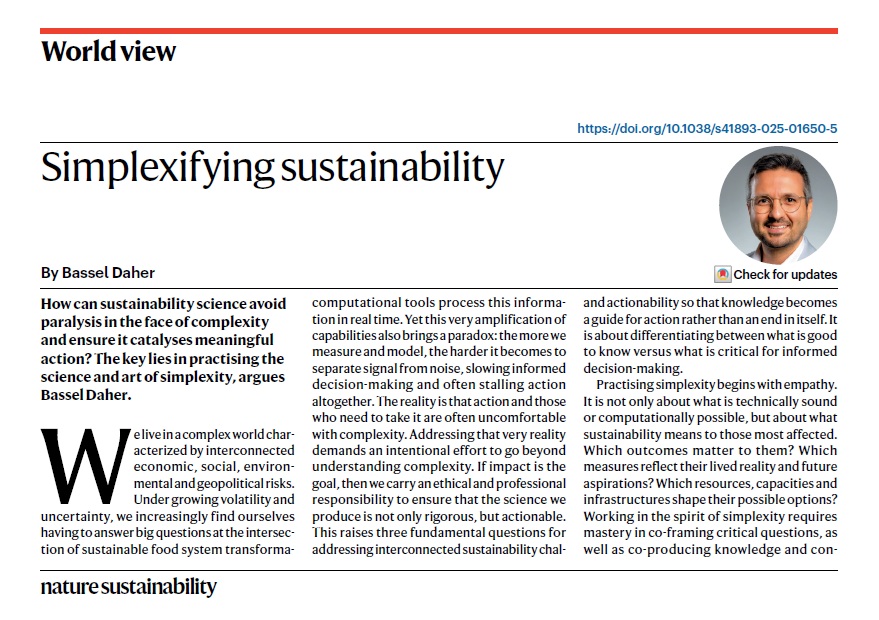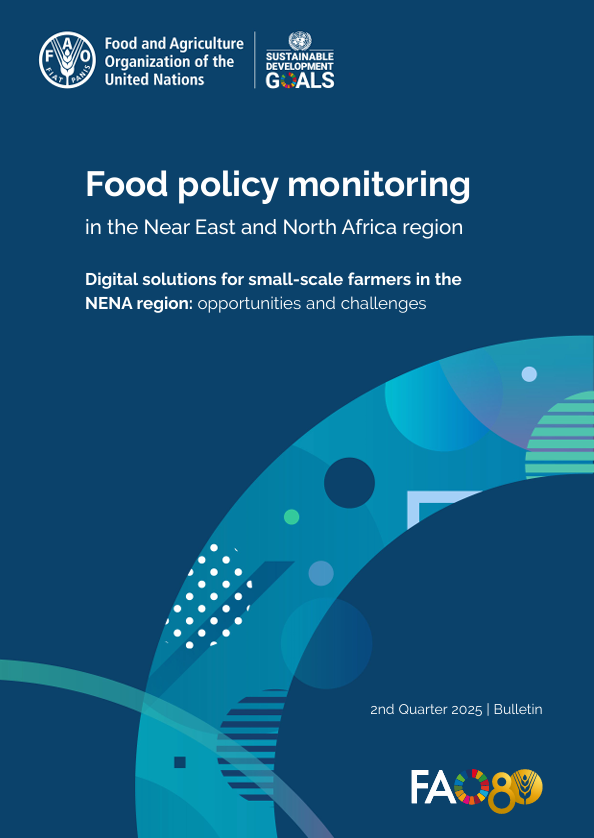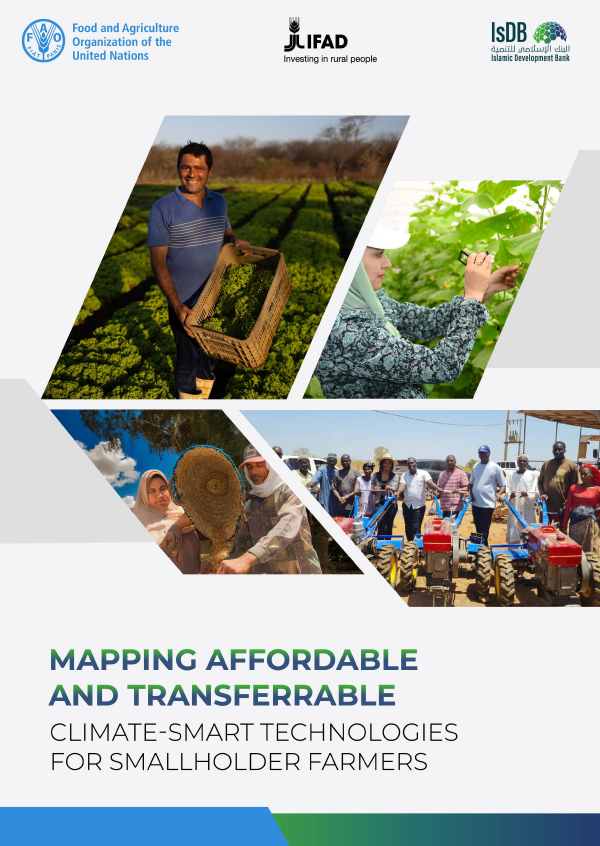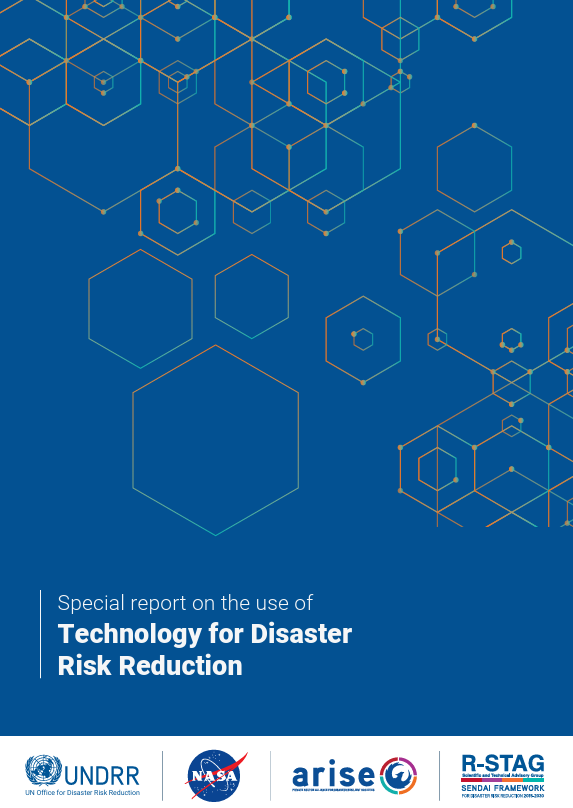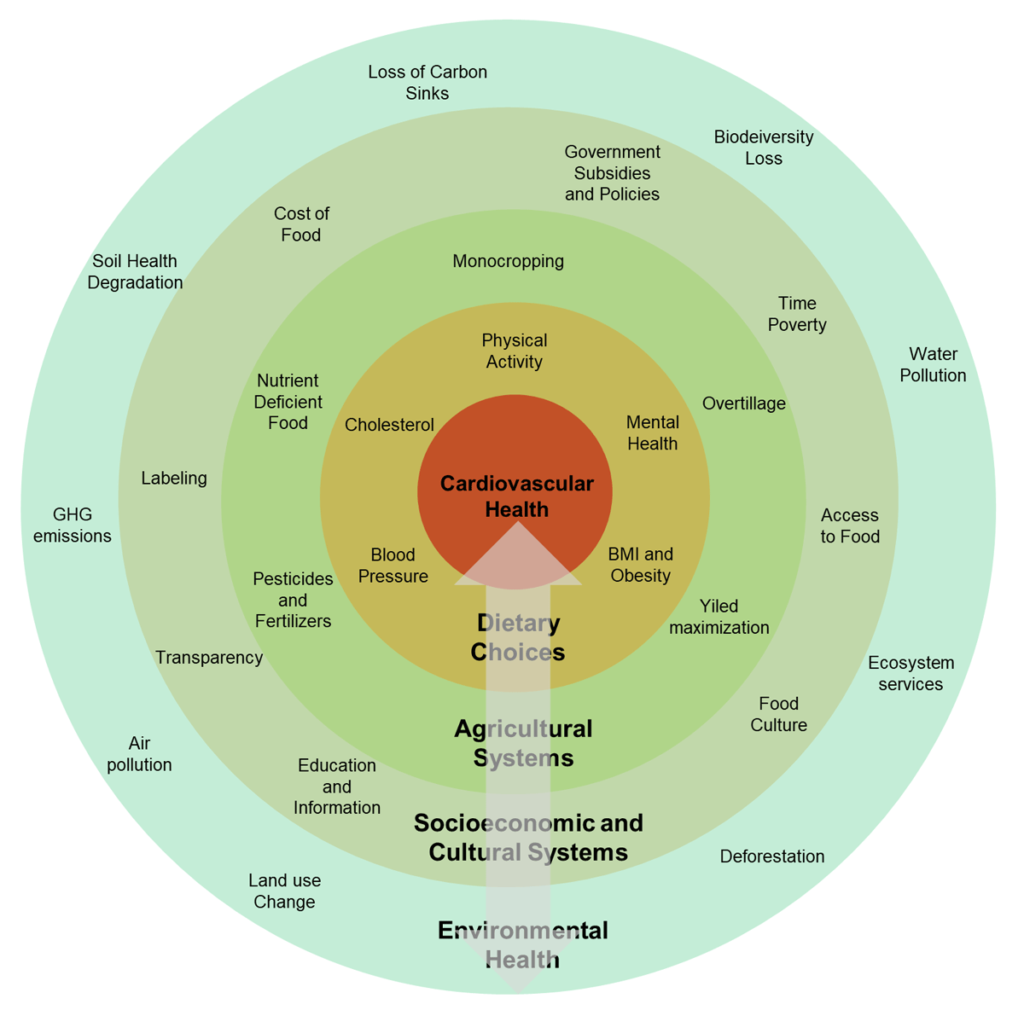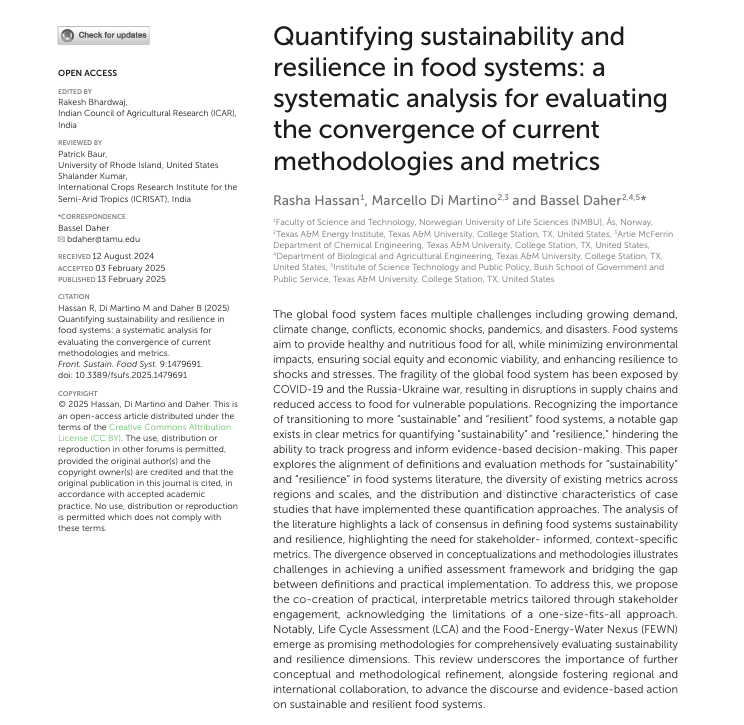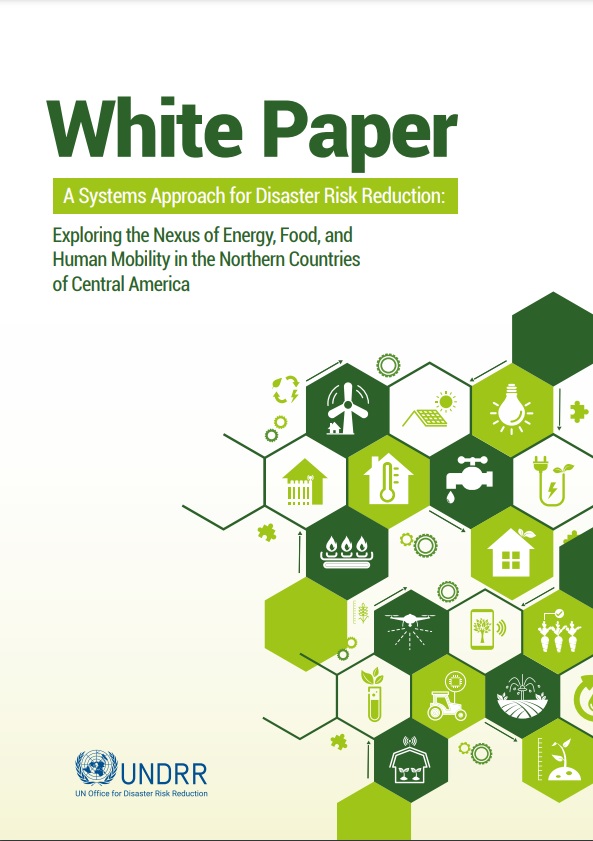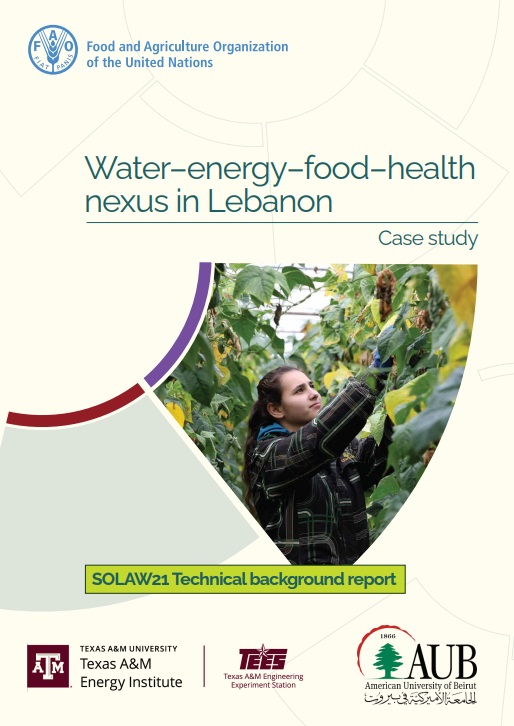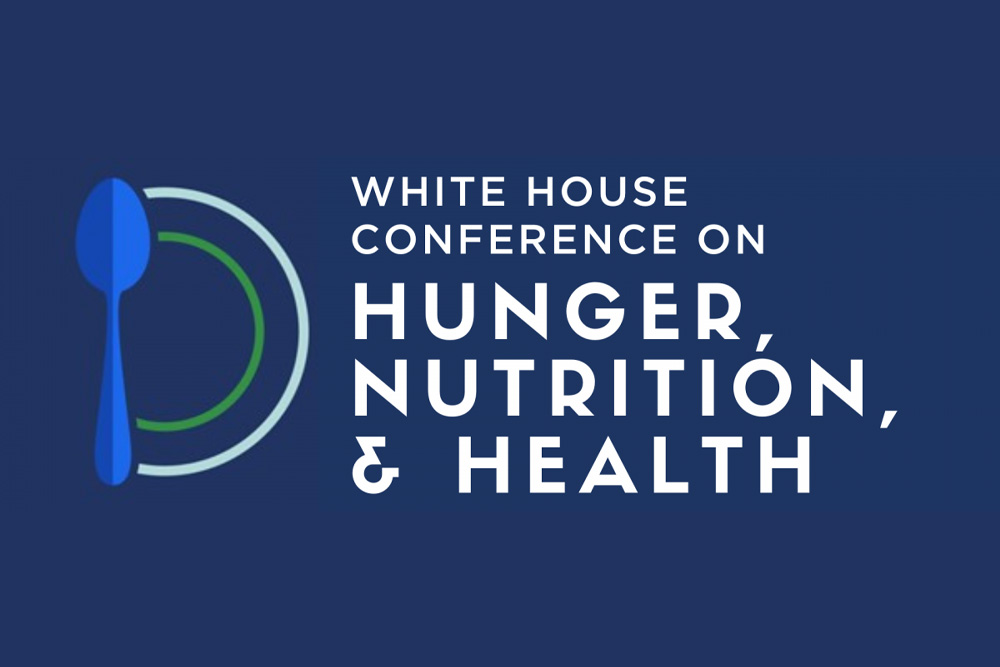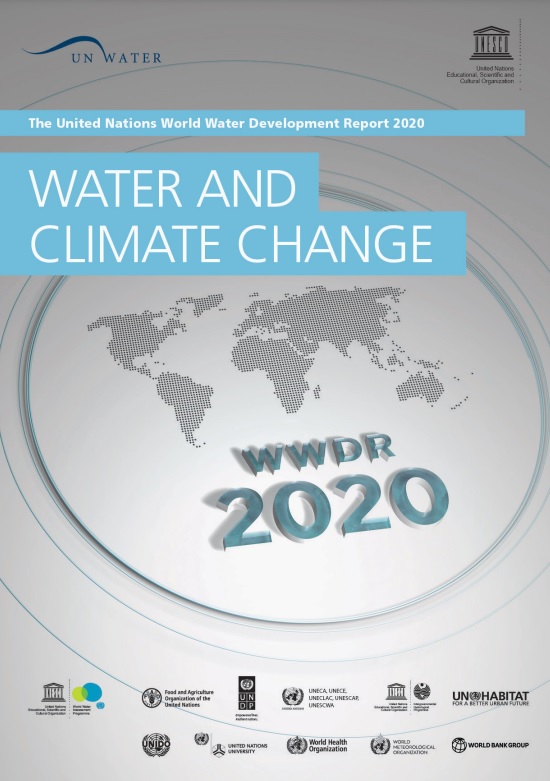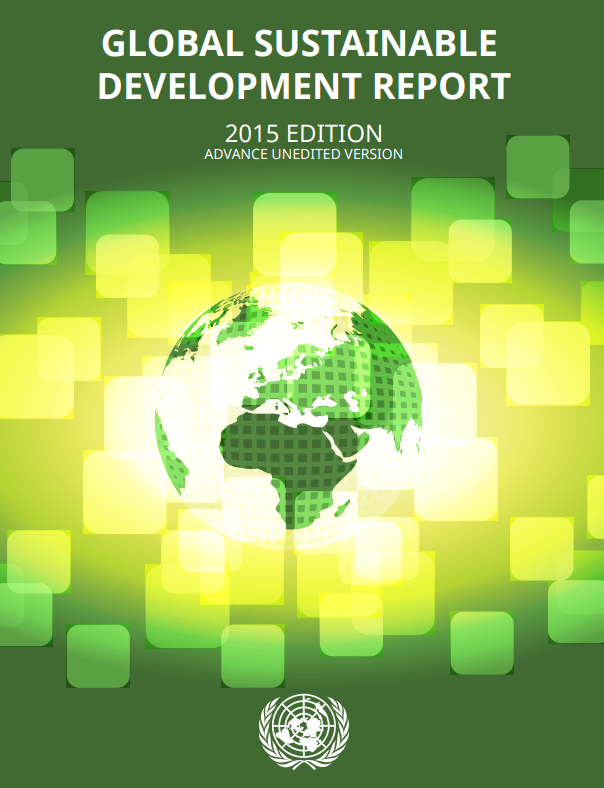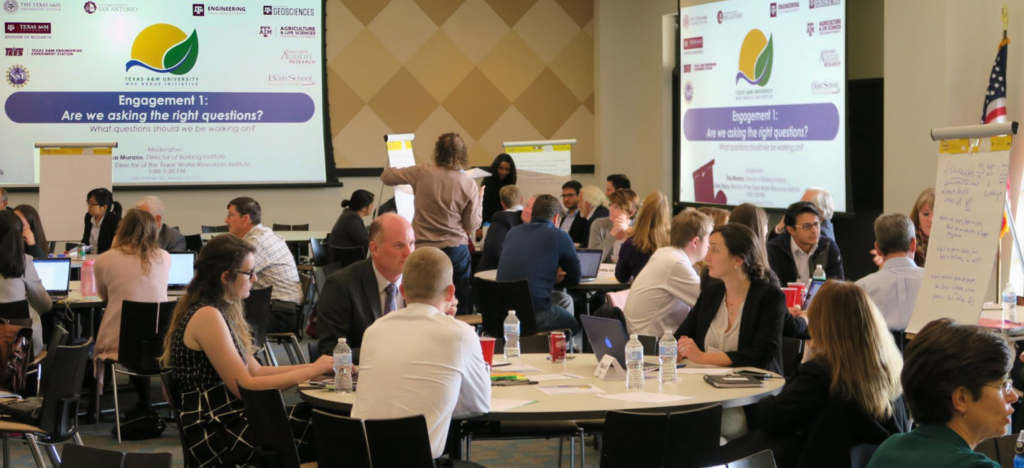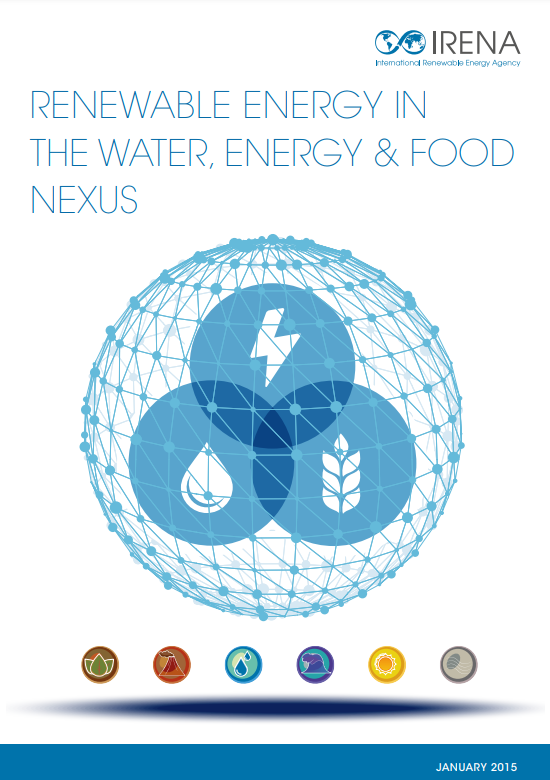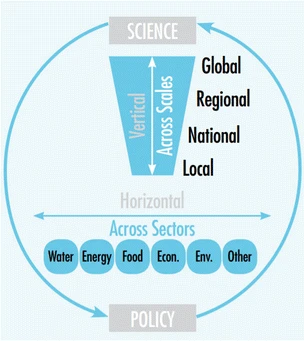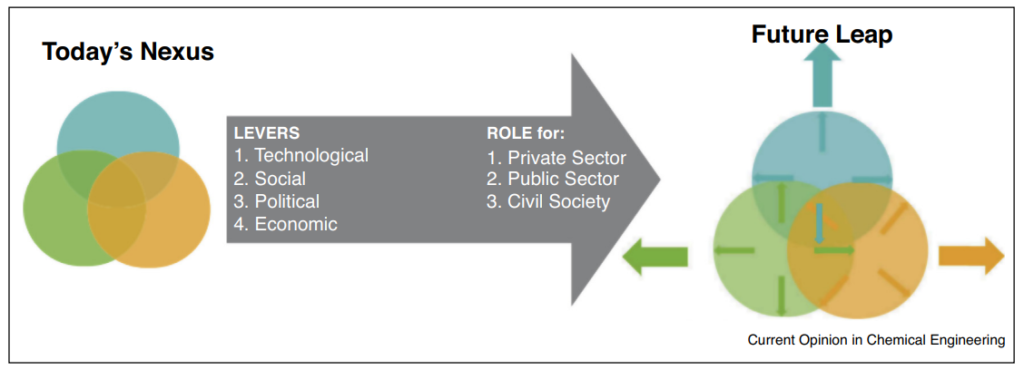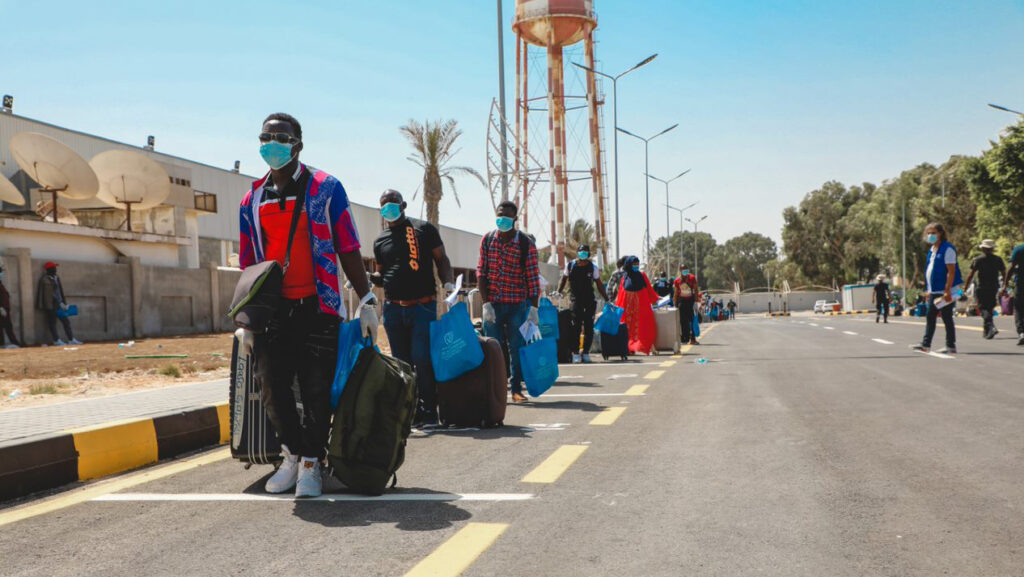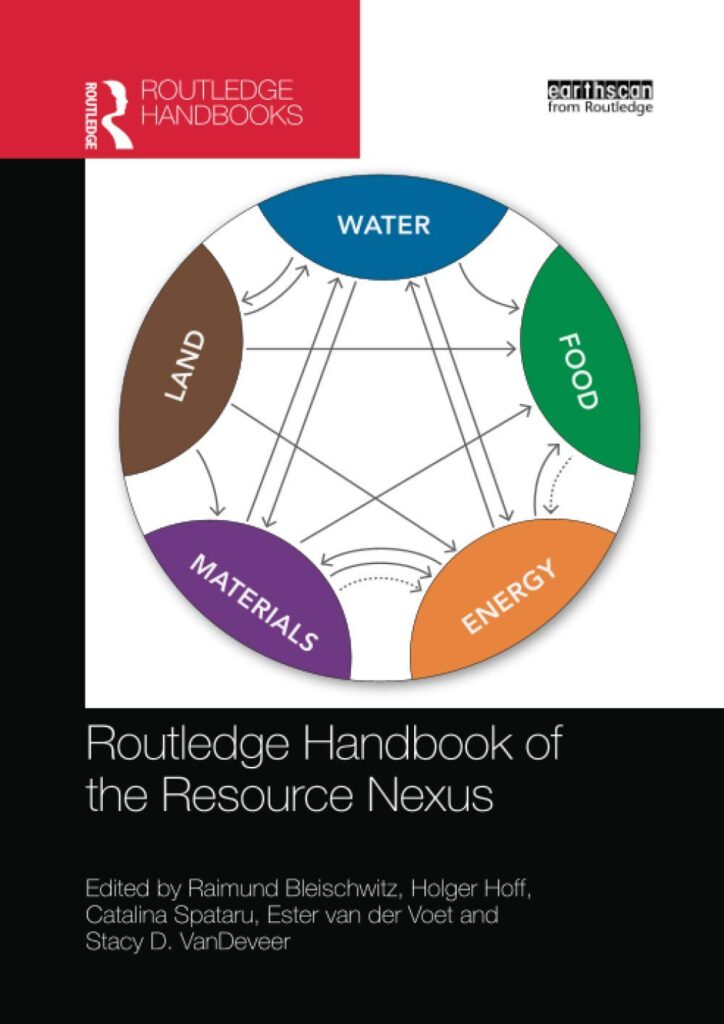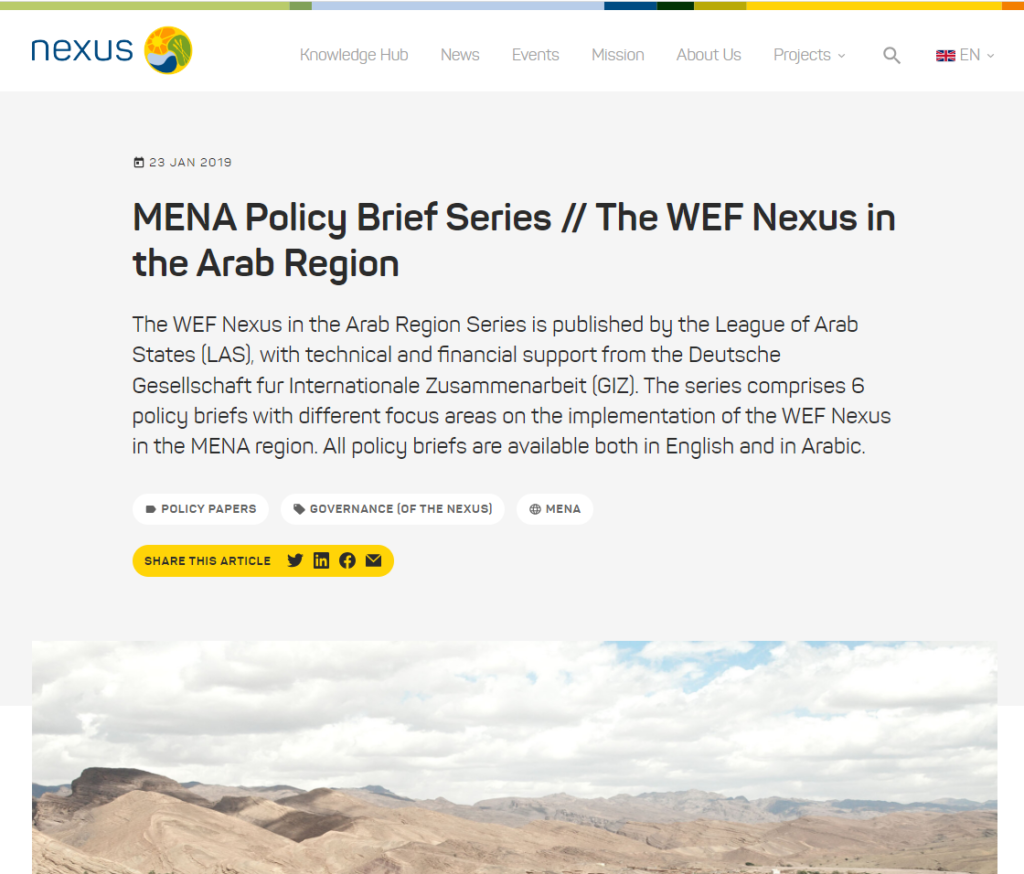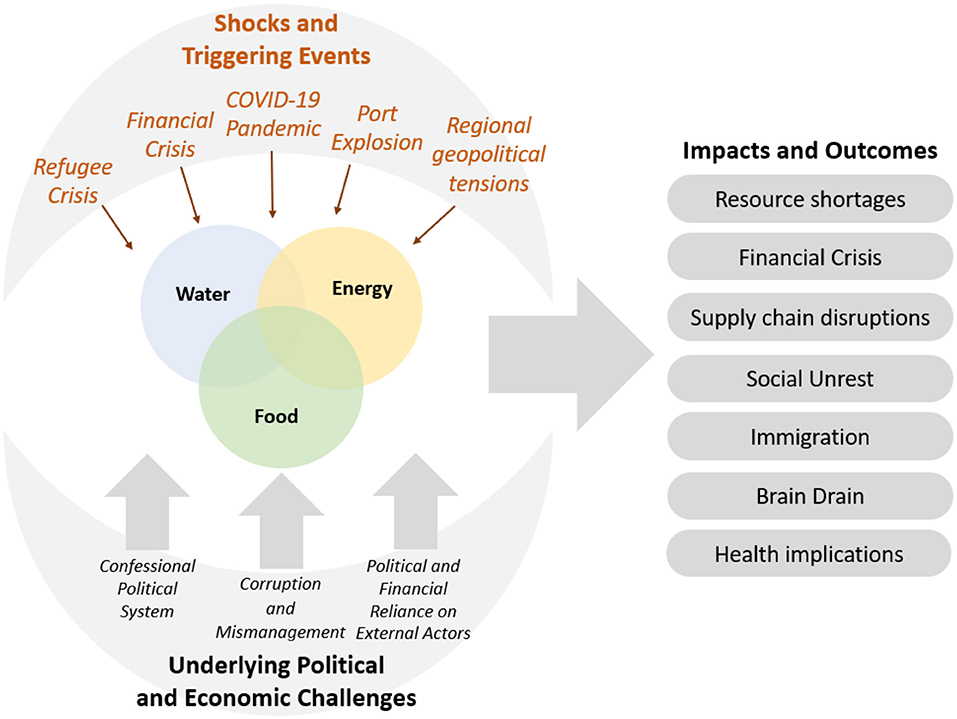Publications
89 published knowledge products
including 39 peer-reviewed journal articles, 13 book chapters, 10 policy briefs, 8 conference proceedings, 14 reports, and 5 edited special issues
Google Scholar (2600+ citations, h-index=23, i-10 index= 31)
Journal Articles
- Rasooli, S., Casiano-Flores, C., Farhoodi, S., Daher, B., Cervantes-Avilés, P. A., & Huerta-Aguilar, C. A. (2026). Synergetic Benefits of Agricultural Sewage Reuse and Floating Photovoltaics in Mexican Wastewater System: A Municipal-Level WEF Nexus Study. Global challenges (Hoboken, NJ), 10(1), e00440. https://doi.org/10.1002/gch2.202500440
- Albatayneh, R., Mohtar, R., Ashkanani, Z., Daher, B. et al. (2025). Integrating health in the water–energy–food nexus: A comprehensive review of interdependencies, challenges, and future research opportunities. Current Environmental Health Reports, 12, 52. https://doi.org/10.1007/s40572-025-00516-4
- Daher, B. (2025). Simplexifying sustainability. Nature Sustainability. https://doi.org/10.1038/s41893-025-01650-5
- Rhouma, A., Daher, B., Vrachioli, M., Mohtar, R. and Gil JM (2025). Financing the Water-Energy-Food-Ecosystem Nexus project: challenges, opportunities, and pathways for sustainable investment. Front. Sustain. Resour. Manag. 4:1590161. doi: 10.3389/fsrma.2025.1590161
Wester, P., Daher, B., Cai, X., Nickum, J. E., Obani, P., & Stephan, R. M. (2025). Fifty years of excellence in water resources research: insights from the most cited articles per decade published in Water International. Water International, 50(5), 361–373. https://doi.org/10.1080/02508060.2025.2533540
- Al-Zu’bi, M., Mabhaudhi, T., Daher, B., & Brouziyne, Y. (2025). Inclusive policy development from the ground up: Insights from the household water-energy-food nexus. Environmental Science & Policy, 169, 104084. doi:10.1016/j.envsci.2025.104084
Djenontin, I. N. S., Daher, B., Johnson, J. W., Adule, K., Hishe, B. K., Kekirunga, P., … Scott, C. A. (2025). Coproducing water-energy-food Nexus actionable knowledge: Lessons from a multi-actor collaborative learning school in Uganda, East Africa. Environmental Science & Policy, 166, 104028. doi:10.1016/j.envsci.2025.104028
Hassan R., Di Martino M., and Daher B. (2025). Quantifying sustainability and resilience in food systems: a systematic analysis for evaluating the convergence of current methodologies and metrics. Front. Sustain. Food Syst. 9:1479691. doi: 10.3389/fsufs.2025.1479691
Daher B. (2024). Food for Thought: Nourishing Cardiovascular Health Amidst the Exposome. Methodist DeBakey Cardiovasc J. ;20(5):27-36. doi: 10.14797/mdcvj.1452
Quiñones, M.A., Al-Kindi, S., Rajagopalan, S., Daher, B., Makar, A., Maddock, J.E. (2024). The Exposome and Cardiovascular Health: Webcast December 12 2024. Methodist Debakey Cardiovasc J. 2024 Dec 31;20(1):128-130. doi: 10.14797/mdcvj.1536. PMID: 39760009; PMCID: PMC11697851.
Mohtar, R., Peng, J., Daher, B., & He, X. (2024). Challenges and futureactions on water‐economy‐ecology‐society nexusunder changing environment. River, 3, 337–340. https://doi.org/10.1002/rvr2.111340
Egieya, J.M., Parker, Y., Hofmann, V.S., Daher, B., Gorgens, J., Goosen, N.J. (2024). Predictive simulation of the water-energy-food nexus for the City of Cape Town. Sci Total Environ. 2024 Jul 15;934:173289. doi: 10.1016/j.scitotenv.2024.173289. Epub 2024 May 18. PMID: 38763198.
Ertuğrul, Ö., Daher, B., Özgünaltay, Ertuğrul G., Mohtar, R. (2024). From Agricultural Waste to Energy: Assessing the Bioenergy Potential of South-Central Texas. Energies. 17(4):802. https://doi.org/10.3390/en17040802
Torres, C., Gitau, M., Lara-Borrero, J., Paredes-Cuervo, D., & Daher, B. (2023). Urban Few Nexus Model for the Otun River Watershed. https://doi.org/10.22541/essoar.169008310.09765430/v1
Al-Saidi, M., Daher, B., Elagib, N.A. (2023) Editorial: (10 years) Water-Energy-Food nexus: Towards knowledge synthesis, action prioritization and revitalization of security debates. Front. Water 4:1125534. doi: 10.3389/frwa.2022.1125534
Mohtar, R. H., Aoun, M., Daher, B., Laspidou, C. S., Kim, H., & Sharma, V. K. (2023). Editorial: Water-energy-food-health solutions and innovations for low-carbon, climate-resilient drylands. Frontiers in Environmental Science, 11. https://doi.org/10.3389/fenvs.2023.1153671
Daher, B., Bachour, R., Yanni, S. F., Koo-Oshima, S., & Mohtar, R. H. (2022). Food security under compound shocks: Can Lebanon produce its own Mediterranean food basket? Frontiers in Sustainable Food Systems, 6. https://doi.org/10.3389/fsufs.2022.969248
Daher, B., Hamie, S., Pappas, K. and Roth, J. (2022). Examining Lebanon’s Resilience Through a Water-Energy-Food Nexus Lens. Front. Sustain. Food Syst. 6:748343. doi: 10.3389/fsufs.2022.748343
Mohtar, R. H., Sharma, V. K., Daher, B., Laspidou, C., Kim, H., Pistikopoulos, E. N., Nuwayhid, I., Lawford, R., Rhouma, A., & Najm, M. A. (2022). Opportunities and challenges for establishing a Resource Nexus Community of Science and Practice. Frontiers in Environmental Science, 10. https://doi.org/10.3389/fenvs.2022.880754
Daher, B., Hassan, R., ElMahdi, A., Molden, D., Stephan, R. M., Quesada, M. G., Assi, R., Bond, H., & Girma Wolde, S. (2021). Reflecting on water challenges of the past, present and Future: An intergenerational perspective. Water International, 46(7-8), 1236–1242. https://doi.org/10.1080/02508060.2021.2003536
Straw, C. M., McCullough, B. P., Segars, C., Daher, B., & Patterson, M. S. (2021). Reimagining sustainable community sports fields of the future: A framework for convergent science-stakeholder decision-making. Circular Economy and Sustainability. https://doi.org/10.1007/s43615-021-00115-z
Daher, B., Hamie, S., Pappas, K., Nahidul Karim, M., & Thomas, T. (2021). Toward resilient water-energy-food systems under shocks: Understanding the impact of migration, pandemics, and natural disasters. Sustainability, 13(16), 9402. https://doi.org/10.3390/su13169402
Nahidul Karim, M. and Daher, B. (2021). Evaluating the potential of a Water-energy-food Nexus approach toward the sustainable development of Bangladesh. Water, 13(3), 366. doi:10.3390/w13030366
Lee, S., Assi, A. T., Daher, B., Mengoub, F. E., & Mohtar, R. H. (2020). A Water-Energy-Food Nexus approach for conducting trade-off analysis: Morocco’s phosphate industry in the Khouribga region. Hydrology and Earth System Sciences, 24(10), 4727-4741. doi:10.5194/hess-24-4727-2020
Daher, B., Hannibal, B., Mohtar, R. H., & Portney, K. (2020). Toward understanding the convergence of researcher and stakeholder perspectives related to water-energy-food (WEF) challenges: The case of San Antonio, Texas. Environmental Science & Policy, 104, 20–35. doi: 10.1016/j.envsci.2019.10.020
Schull, V.Z., Daher, B., Gitau, M.W., Mehan, S., and Flanagan, D.C. (2020). Analyzing FEW nexus modeling tools for water resources decision-making and management applications. Food and Bioproducts Processing, 119, 108-124. doi: 10.1016/j.fbp.2019.10.011
Daher, B., Hannibal, B., Portney, K. E., & Mohtar, R. H. (2019). Towards creating an environment of cooperation between water, energy, and food stakeholders in San Antonio. Science of the Total Environment, 651, 2913-2926. doi:10.1016/j.scitotenv.2018.09.395
Mohtar, R. H. and Daher, B. (2019). Lessons learned: Creating an interdisciplinary team and using a nexus approach to address a resource hotspot. Science of the Total Environment, 650, 105-110. doi:10.1016/j.scitotenv.2018.08.406
Degirmencioglu, A., Mohtar, R., Daher, B., Ertugrul, G., Ertugul, O. (2019). Assessing the Sustainability of Crop Production in the Gediz Basin, Turkey: a Water, Energy, and Food Nexus Approach. Fresenius Environmental Bulletin. Vol 28-No. 4/2019 pg 2511-2522
Daher, B., Lee, S., Kaushik, V., Blake, J., Shafiezadeh, H., Askariyeh, M., Zamaripa, S., Mohtar, R.H. (2019). Towards bridging the water gap in Texas: A Water-Energy-Food Nexus Approach. Science of the Total Environment; https://doi.org/10.1016/j.scitotenv.2018.07.398
Mohtar, R.H., Shafiezadeh, H., Blake, J., Daher, B. (2019). Economic, Social, and Environmental Evaluation of Energy Development in the Eagle Ford Shale Play. Science of the Total Environment. 646 (2019) 1601-1614. doi:10.1016/j.scitotenv.2018.07.202
Dargin, J., Daher, B., & Mohtar, R. H. (2019). Complexity versus simplicity in water energy food nexus (WEF) assessment tools. Science of the Total Environment, 650, 1566-1575. doi:10.1016/j.scitotenv.2018.09.080
Daher, B., Mohtar, R. H., Pistikopoulos, E.N., Portney, K.E., Kaiser, R., and Saad, W. (2018). Developing socio-techno-econo-political (STEP) solutions for addressing resource nexus hotspots. Sustainability 2018, 10, 512; doi: 10.3390/su10020512
Stephan, R. M., Mohtar, R. H., Daher, B., Irujo, A. E., Hillers, A., Ganter, J. C., Karlberg, L., Martin, L., Nairizi, S., Rodriguez, D. J., & Sarni, W. (2018). Water–energy–food nexus: a platform for implementing the Sustainable Development Goals, Water International, doi: 10.1080/02508060.2018.1446581
Daher, B., Saad, W., Pierce, S. A., Hülsmann, S., & Mohtar, R. H. (2017). Trade-offs and Decision Support Tools for FEW Nexus-Oriented Management. Current Sustainable/Renewable Energy Reports. 4 (3), 153-159 doi:10.1007/s40518-017-0075-3
Mohtar, R. H., & Daher, B. (2017). Beyond zero-sum game allocations: expanding resources potentials through reduced interdependencies and increased resource nexus synergies. Current Opinion in Chemical Engineering, 18, 84–89. https://doi.org/10.1016/j.coche.2017.09.002
Portney, K. E., Vedlitz, A., Sansom, G., Berke, P., Daher, B. (2017). Governance of the Water-Energy-Food Nexus: the Conceptual and Methodological Foundations for the San Antonio Region Case Study. Current Sustainable/Renewable Energy Reports, 4:3, 160-167 doi:10.1007/s40518-017-0077-1
Mohtar, R.H. and Daher, B. (2016). Water-Energy-Food Nexus Framework for facilitating multi-stakeholder dialogue, Water International, doi: 10.1080/02508060.2016.1149759
Daher, B. and Mohtar R.H. (2015). Water–energy–food (WEF) Nexus Tool 2.0: guiding integrative resource planning and decision-making, Water International, doi:10.1080/02508060.2015.1074148
Book Chapters
- Daher, B., & Assi, R. (2026). Context matters: A framework for assessing the suitability of climate-smart agriculture technologies for smallholder farmers. In T. Ben Hassen & H. El Bilali (Eds.), Digital technologies for sustainable agriculture and food systems. Elsevier. https://doi.org/10.1016/B978-0-443-33508-2.00014-1
- Daher, B., Ashkanani, M., Mohtar, R., Pappas, K., Hamie, S., Dirani, K., & Pistikopoulos, E. N. (2025). Higher education’s dual role in the AI economy: Balancing foundational learning and micro-credential innovation. In Degrees of change: What AI means for education and the next generation. Wiley. https://doi.org/10.1002/9781394413096.ch10
- Pappas, K., Mohtar, R., Daher, B., Ashkanani, Z. (2025). Securing Our Future: A Water-Energy-Food Nexus Approach to Climate Risks, Resource Scarcity, and Human Mobility in the Middle East. In: Angelini, A., di Bitonto, L., Pastore, C. (eds) Security Enhancement for Climate Change Impacting Urban Resources – SECCURe. NATOARW 2024. NATO Science for Peace and Security Series C: Environmental Security. Springer, Dordrecht. https://doi.org/10.1007/978-94-024-2345-7_20
Pappas, K., Daher, B., Hamie, C.S., Roth, J., Barjaktarevic, M. (2022). National and International Funding for Financing Sustainable Development Goal 6: Case of Jordan. In: Leal Filho, W., Abubakar, I.R., da Silva, I., Pretorius, R., Tarabieh, K. (eds) SDGs in Africa and the Middle East Region. Implementing the UN Sustainable Development Goals – Regional Perspectives. Springer, Cham. https://doi.org/10.1007/978-3-030-91260-4_53-1
Schmidt, G., Fournier, M., Saito, A., Daher, B., & Mohtar, R. H. (2022). Chapter 22: The relevance and challenges in communicating the nexus. In F. Brouwer (Ed.), Handbook on the Water-Energy-Food Nexus (Collection. Geography, Planning and Tourism 2022, pp. 398–412). Elgar Online. https://doi.org/10.4337/9781839100550.00031
Daher, B. and Mohtar, R.H. (2021). Water-Energy-Food Sustainable Development Goals in Morocco. Encyclopedia of the UN Sustainable Development Goals. https://doi.org/10.1007/978-3-319-70061-8_133-1
Daher, B. and Zelinka, D. (2021). Water-Energy-Food Interconnections: Methods, tools, And Cross-sectoral decision making. Encyclopedia of the UN Sustainable Development Goals, 1-12. doi:10.1007/978-3-319-70061-8_113-1
Zelinka, D. and Daher, B. (2021). Modeling the sustainable development nexus as a complex-coupled system. Advances in Systems Analysis, Software Engineering, and High-Performance Computing, 31-59. doi:10.4018/978-1-7998-5788-4.ch002
Pappas, K., Hamie, C. S., Daher, B. (2020). Water, energy, food resource challenges in migration: Role of informal institutions. Encyclopedia of the UN Sustainable Development Goals, 1-13. doi:10.1007/978-3-319-71066-2_79
Daher, B., Lee, S., Mohtar, R.H., Asaka, J.O., and VanDeveer, S.D. (2017). Security, climate change, and the resource nexus. Chapter 4 in Routledge Handbook of the Resource Nexus. Editors Raimund Bleischwitz, Holger Hoff, Catalina Spataru, Ester van der Voet, Stacy D. VanDeveer. Routledge, UK and NY, 26 pages. ISBN: 978-1-138-67549-0 7.28
Daher, B., Mohtar, R. H., Lee, S., & Assi, A. A. (2017). Modeling the Water‐Energy‐Food Nexus: A 7-Question Guideline. In Water-Energy-Food Nexus: Principles and Practices (Salam et al., Editors) Vol. 229, pp. 57-66. John Wiley & Sons, Inc. https://doi.org/10.1002/9781119243175.ch6
Mohtar R.H., Assi A.T., Daher B. (2017). Current Water for Food Situational Analysis in the Arab Region and Expected Changes Due to Dynamic Externalities. In: Amer K., Adeel Z., Böer B., Saleh W. (Eds) The Water, Energy, and Food Security Nexus in the Arab Region. Water Security in a New World. Springer, Cham (pps. 193-208). doi: 10.1007/978-3-319-48408-2_10 7.30
Mohtar, R.H., Daher, B. (2012). Water, Energy, and Food: The Ultimate Nexus. In Encyclopedia of Agricultural, Food, and Biological Engineering Second Edition, Dennis R. Heldman, Carmen I. Moraru (Eds.) (pp. 1-15) Abingdon, UK: Taylor & Francis. doi:10.1081/E-EAFE2-120048376
Policy Briefs
- Brouwer, F., Rhouma, A., Karthe, D., Autino, A., Daher, B., Guenther, E., Mohtar, R., Huber-Lee, A., Virk, Z. T., Laspidou, C., Nagabhatla, N., Ringler, C., Vrachioli, M., & Jacobson, M. (2026). What “Nexus”? Towards Resource Nexus standardization (Policy Brief No. 1). United Nations University Institute for Integrated Management of Material Fluxes and of Resources (UNU-FLORES). https://unu.edu/sites/default/files/2026-02/Policy%20Brief%20PRIMA%20UNU-FLORES%C2%A003022026%20V3%20no%20hyphen%20%282%29.pdf
- SEI (2025). Farmer field schools: cultivating collaborative innovation for synergies in water, energy and food security in Uganda. DOI: https://doi.org/10.51414/sei2025.043
Al-Zu’bi, M.; Daher, B.; Brouziyne, Y.; Laamrani, H.; Melhem, D.; Greatrix, E.; Ruckstuhl, S.; McCartney, M.; Anarbekov, O.; Sanchez Ramirez, J. C.; Nicol, A. (2023). Building resilience in fragile and conflict-affected agrifood systems through a water-energy-food nexus approach. Cairo, Egypt: International Water Management Institute (IWMI). CGIAR Initiative on Fragility to Resilience in Central and West Asia and North Africa. 8p.
Bachour, R., Yanni, S., Daher, B., Khattar, R. , Olliek, A., Sleiman, H., Mohtar, R. (2020). Evaluating farmer priorities and readiness to adopt new water, energy, and agricultural solutions in Lebanon. FAO Policy Brief; September 2020.
Bachour, R., Yanni, S., Daher, B., Khattar, R. , Olliek, A., Sleiman, H., Mohtar, R. (2020). Addressing Food Security Challenges in Lebanon: A Water-Energy-Food-Health Nexus Approach. FAO Policy Brief; September 2020.
Daher, B., Mohtar, R. H., Davidson, S., Cross, K., Karlberg, L., Darmendrail, D., Ganter, C.J., Kelman, J., Sadoff, C., Nahon, C., Fonseca, G., Comby, J., Lavarde, P., Abicalil, T., Aldaco-Manner, L., Schweitzer, M. (2018). Multi-stakeholder Dialogue: Water-Energy-Food (WEF) Nexus and Implementing the SDGs. IWRA Policy Brief No. 2; July 2018
Daher, B. (2017). Sustainability in the Water-Energy-Food Nexus: Bridging Science and Policy Making. IWRA Policy Briefing Water International, 6, January 2017
Mohtar, R. H. and Daher, B. (2015). Policy Briefs for the Water, Energy and Food Nexus in the Arab Region, prepared for GIZ ACCWaM Regional Programme for Adaptation to Climate Change in the Water Sector in the MENA Sector. In cooperation with the League of Arab States and the Arabian Gulf University organized an inception workshop. March 4-5, 2015, Cairo, Egypt. Arabic Language
Mohtar, R.H. and Daher, B. (2014). A Platform for Trade-off Analysis and Resource Allocation: The Water-Energy-Food Nexus Tool and its Application to Qatar’s Food Security [part of the ‘Valuing Vital Resources in the Gulf’ Series], Chatham House 7.35
Roberts, A., Assi, A., Daher, B., and Li, M. (2013). Agriculture in a Water Scarce World, Student Papers in Public Policy: Vol. 1: Iss. 1, Article 7
Reports
- FAO. 2025. Food policy monitoring in the Near East and North Africa region – Digital solutions for small-scale farmers in the NENA region: opportunities and challenges, 2nd Quarter 2025 Bulletin. July 2025. Cairo.
- United Nations Office for Disaster Risk Reduction (2025). Special report on the use of technology for disaster risk reduction. https://www.undrr.org/quick/94683
- FAO, IFAD and IsDB. (2024). Mapping affordable and transferrable climate-smart technologies for smallholder farmers. Cairo. https://doi.org/10.4060/cd2799en
FAO (2024). The role of innovation and digitalization in the sustainable use of natural resources to accelerate the implementation of climate-resilient and low-emission pathways in agrifood systems – ERC/24/2.
Bachour, R., Yanni, S., Daher, B., Jaafar, H., Ajour, S. & Mohtar, R. (2024) Water–energy–food–health nexus in Lebanon – Case study. SOLAW21 Technical background report. Rome, FAO. https://doi.org/10.4060/cc4641en
Daher, B., Martusenich, A., Komendantova, N., Al Salaymeh, A., Roth, J (2023). Development of Framework for the Governance of the Water, Energy, Food and Environment (WEFE) Nexus in Jordan: Governance and institutional frameworks analysis and global lessons learned. GIZ.
Abadi, A. & Blodgétt, L. & Daher, B. (2023). Union for the Mediterranean Water and Youth Engagement Strategy 2023-2028, Barcelona, UfM.
Powers, A., Lateef, A., Daher, B. (2022). SDSN USA Zero Hunger Pathways Project Submission for the White House Conference on Hunger, Nutrition, and Health. Sustainable Development Solutions Network USA.
Saleh, B., Aldaco-Manner, L., Daher, B. (2021). Water and Youth Opportunities in the Mediterranean. Barcelona, UfM.
UNESCO, UN-Water (2020). United Nations World Water Development Report 2020: Water and Climate Change. Chapter 11: Water Governance and Resilience to Climate Change, Paris, UNESCO
Rosen, R.A., Daher, B., Mohtar, R.H. (2018). Water-Energy-Food Nexus Stakeholder Information Sharing Engagement Workshop. The Texas A&M University System, College Station, TX (ISBN-13: 978-0-9986645-3-8) https://libguides.tamusa.edu/ld.php?content_id=41591901
Ferroukhi, R., Nagpal, D., Lopez-Peña, A., Hodges, T., Mohtar, R. H., Daher, B., Mohtar, S., Keulertz, M. (2015). Renewable Energy in the Water, Energy & Food Nexus. International Renewable Energy Agency, Abu Dhabi, United Arab Emirates
United Nations Department of Economic and Social Affairs (UNDESA) (2015). Global Sustainable Development Report, 2015 edition. Contributor. 30 June 2015, New York. https://sustainabledevelopment.un.org/globalsdreport/2015
Guest Editor – Special Issues
- Wester, P., Daher, B., Cai, X., Nickum, J. E., Obani, P., & Stephan, R. M. (2025). Halfway to 2075: Fifty years of Water International, Part 1. Water International.
Ben Hassen, T., Daher, B., Burkart, S., El Bilali, H. (2023). Sustainable and Resilient Food Systems in Times of Crises [Special Issue]. Frontiers in Food Policy and Economics and Frontiers in Nutrition. Frotntiers.
Jaber, F., Farajalla, N., Jaafar, H., Daher, B., Mohtar, R.H. (Eds.) (2022). Urban Drainage Systems [Special Issue]. Water. MDPI.
Al-Saidi, M., Daher, B., Elagib, N. (Eds.) (2022) Water-Energy-Food Nexus: towards knowledge synthesis, action prioritization and revitalization of security debates [Special Issue]. Frontiers in Water. Frontiers.
Mohtar R., Aoun, M., Daher, B., Laspidou, C. (Eds.) (2022). Water-Energy-Food-Health Solutions & Innovations for Low-Carbon, Climate-Resilient Drylands [Special Issue]. Frontiers in Environmental Science. Frontiers.
Conference Proceedings
- Kapalayam, S., & Daher, B. (2025). Toward community-engaged sustainable development goals localization: San Antonio, TX. In 2025 IEEE International Smart Cities Conference (ISC2) (pp. 1-6). IEEE. https://doi.org/10.1109/ISC266238.2025.11293320
- Hafeez, M., Daher, B., Siddiqi, A., Sikka, A. K., & Velpuri, N. M. (2025, December). From Data to Decisions: Water-Energy-Food-Environment (WEFE) Nexus Modeling Under Changing Climate II Poster. In AGU25. AGU.
- Thompson, A. M., Misra, D., Abou Najm, M., Arriaga, F., Awada, T., Daher, B., Dirani, K., Mohtar, R., Nash, A. L., Parajuli, P. B., & Sassenrath, G. (2023). Developing a strategic network to address the global challenges of agricultural land and soil management to adapt to climate change. Soil Erosion Research Under a Changing Climate, January 8-13, 2023, Aguadilla, Puerto Rico, USA. https://doi.org/10.13031/soil.2023099
Daher, B. and Mitchell, A. (2017). Understanding the Science-Policy Gap: Proposing a Formal Delegation Principal-Agent Model. World Water Congress. Conference Proceedings
Mohtar, R., Chedid, R., Daher, B., Lee, S., Portney, K. E., and McCarl, B. (2016). Water Security in Lebanon: A Holistic Water-Energy-Food Nexus Approach, Water Security in Lebanon, Conference Proceeding, Beirut
Mohtar, R. H., Assi, A. T. and Daher, B. (2015). Bridging the Water and Food Gap: The Role of the Water-Energy-Food Nexus, UNUFLORES Working Paper Series 5, Edited by Hiroshan Hettiarachchi. Dresden: United Nations University Institute for Integrated Management of Material Fluxes and of Resources (UNU-FLORES)
Mohtar, R, Daher, B., Mekki, I., Chaibi, T., Chebbi, R.Z., Al Salaymeh, A. (2014). The water, energy and food (WEF) nexus project: A basis for strategic planning for natural resources sustainability-Challenges for application in the MENA region. Geophysical Research Abstracts. Vol. 16, EGU2014-15330, 2014, EGU General Assembly 2014
Daher, B., Emily Siage, S., Jammal, J. (2010). Civil and Infrastructural Upgrade of an Informal Setting in Sabra Area. The Ninth Annual Faculty of Engineering and Architecture Student Conference at the American University of Beirut
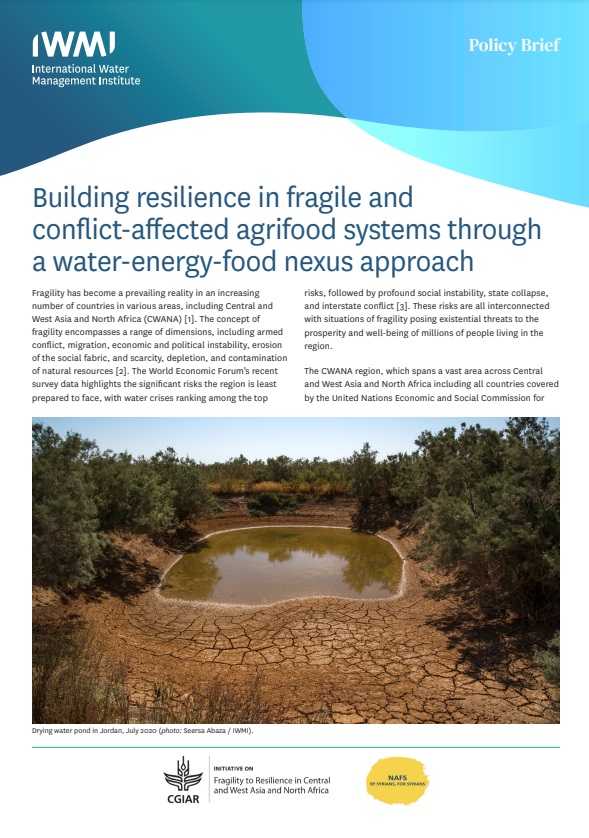
Building resilience in fragile and conflict-affected agrifood systems through a water-energy-food nexus approach
Read More »
Addressing Food Security Challenges in Lebanon: A Water-Energy-Food-Health Nexus Approach
Read More »
Evaluating farmer priorities and readiness to adopt new water, energy, and agricultural solutions in Lebanon
Read More »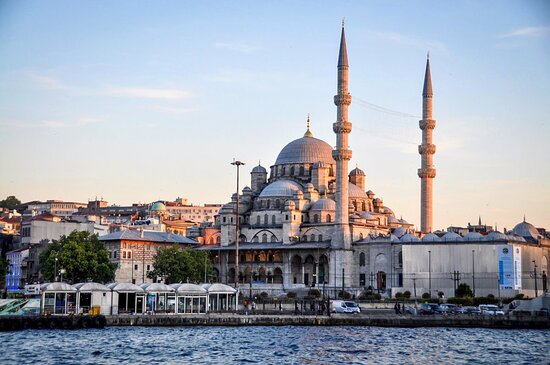
ASSESSING THE SUSTAINABILITY OF CROP PRODUCTION IN THE GEDIZ BASIN, TURKEY: A WATER, ENERGY, AND FOOD NEXUS APPROACH
Read More »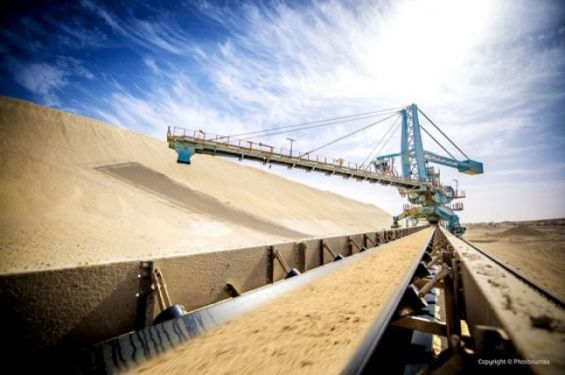
A Water-Energy-Food Nexus approach for conducting trade-off analysis: Morocco’s phosphate industry in the Khouribga region
Read More »
Reimagining Sustainable Community Sports Fields of the Future: a Framework for Convergent Science-Stakeholder Decision-Making
Read More »
Opportunities and Challenges for Establishing a Resource Nexus Community of Science and Practice
Read More »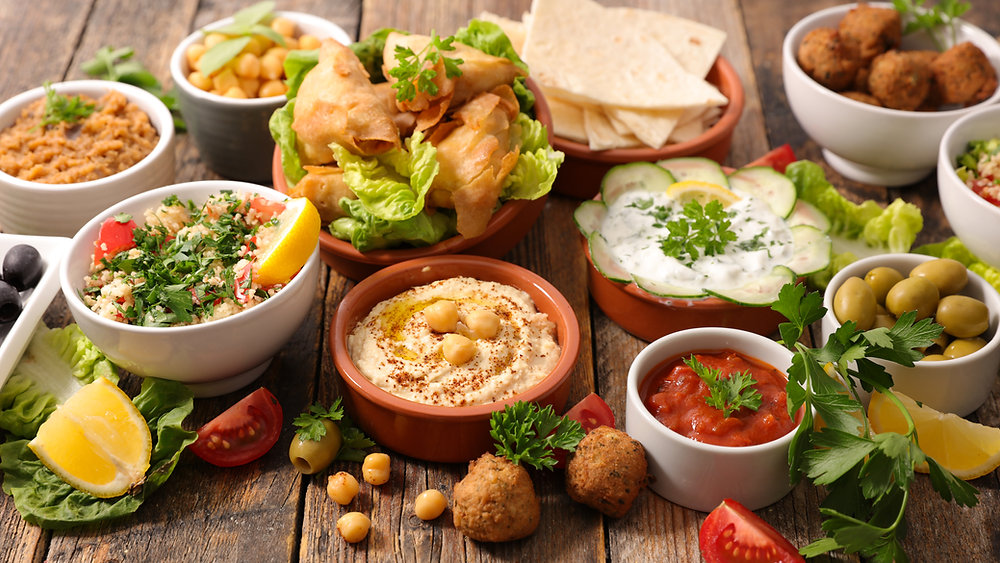
Food security under compound shocks: Can Lebanon produce its own Mediterranean food basket?
Read More »
Water-Energy-Food Nexus: Towards Knowledge Synthesis, Action Prioritization and Revitalization of Security Debates
Read More »
Reflecting on water challenges of the past, present and future: an intergenerational perspective
Read More »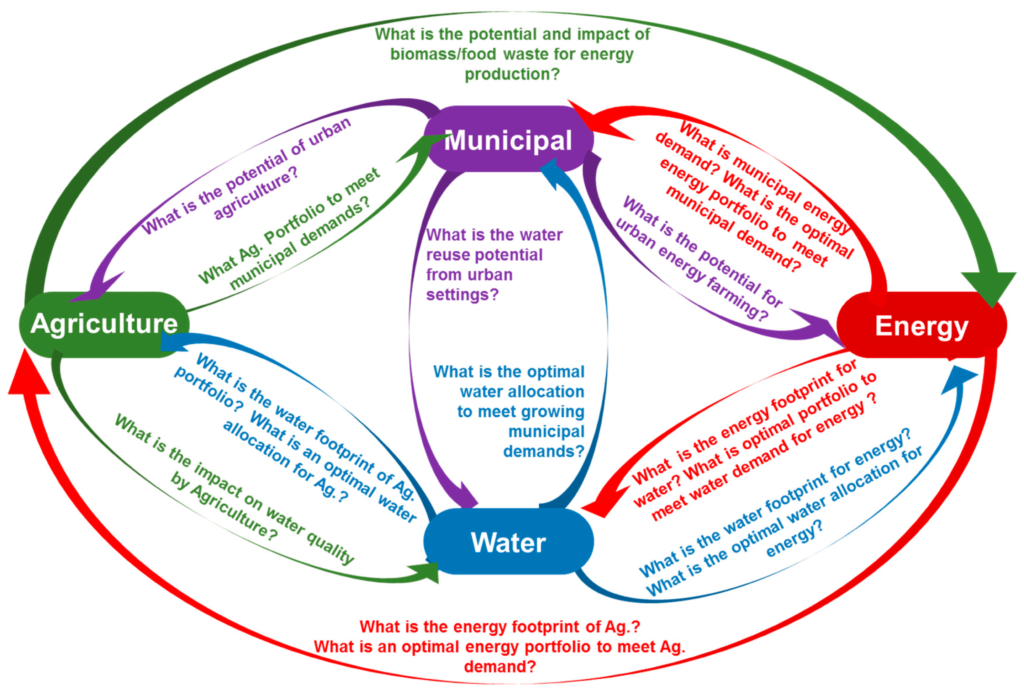
Developing Socio-Techno-Economic-Political (STEP) Solutions for Addressing Resource Nexus Hotspots
Read More »
Economic, social, and environmental evaluation of energy development in the Eagle Ford shale play
Read More »
Water–energy–food (WEF) Nexus Tool 2.0: guiding integrative resource planning and decision-making
Read More »
Modeling the Sustainable Development Nexus as a Complex-Coupled System: System Dynamics Modeling
Read More »
Current Water for Food Situational Analysis in the Arab Region and Expected Changes Due to Dynamic Externalities
Read More »
Toward creating an environment of cooperation between water, energy, and food stakeholders in San Antonio
Read More »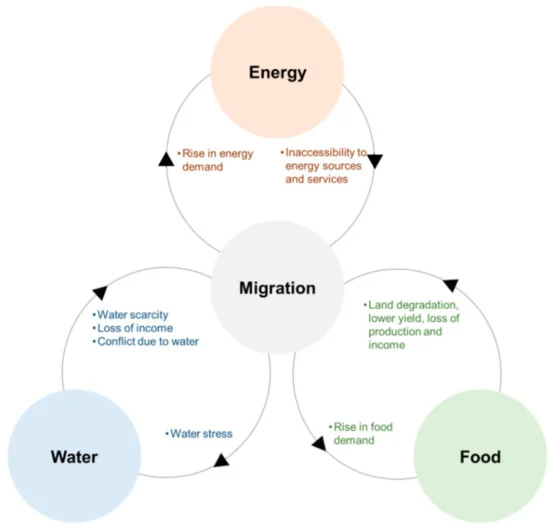
Toward Resilient Water-Energy-Food Systems under Shocks: Understanding the Impact of Migration, Pandemics, and Natural Disasters
Read More »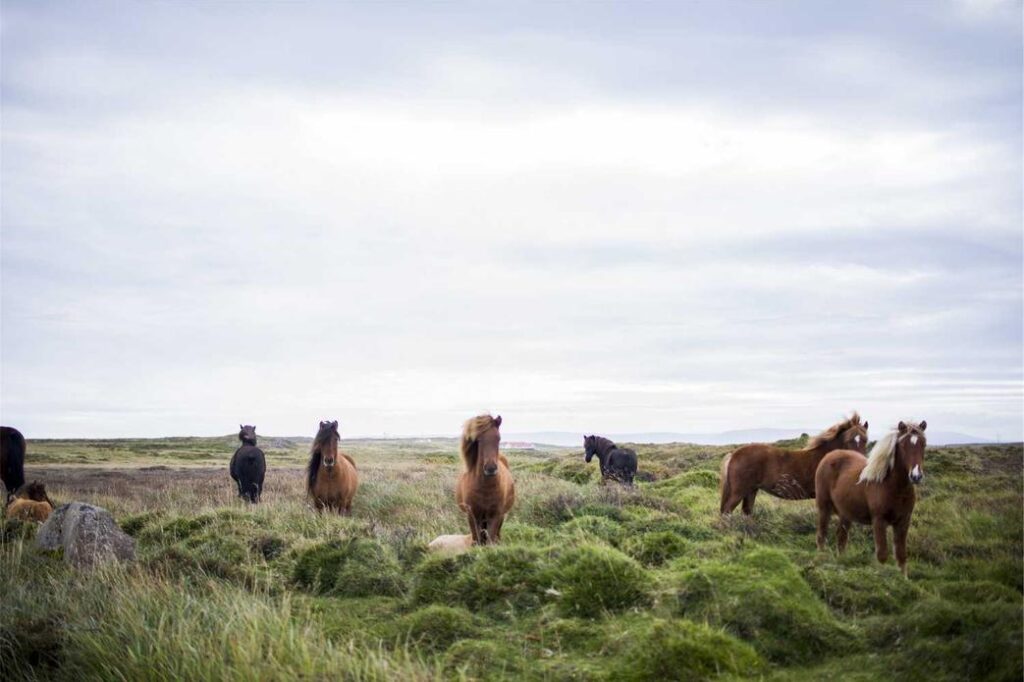
Water-Energy-Food-Health Solutions & Innovations for Low-Carbon, Climate-Resilient Drylands
Read More »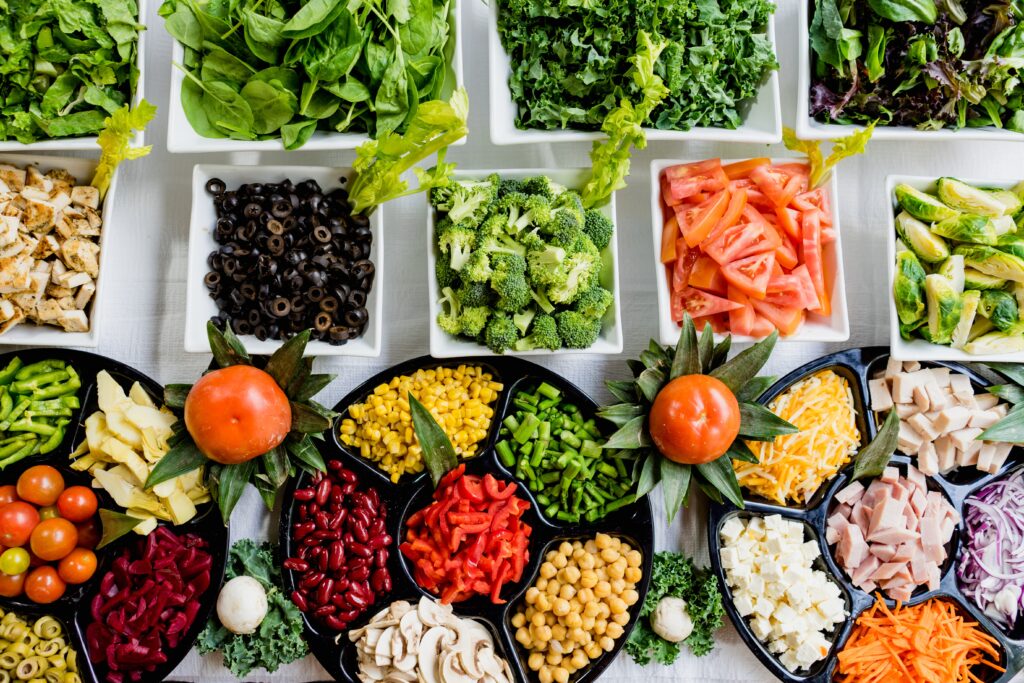
Evaluating the Potential of a Water-Energy-Food Nexus Approach toward the Sustainable Development of Bangladesh
Read More »
National and International Funding for Financing Sustainable Development Goal 6: Case of Jordan
Read More »
Lessons learned: Creating an interdisciplinary team and using a nexus approach to address a resource hotspot
Read More »
Analyzing FEW nexus modeling tools for water resources decision-making and management applications
Read More »
Water-Energy-Food-Health Solutions and innovations for low-carbon, climate-resilient drylands
Read More »
